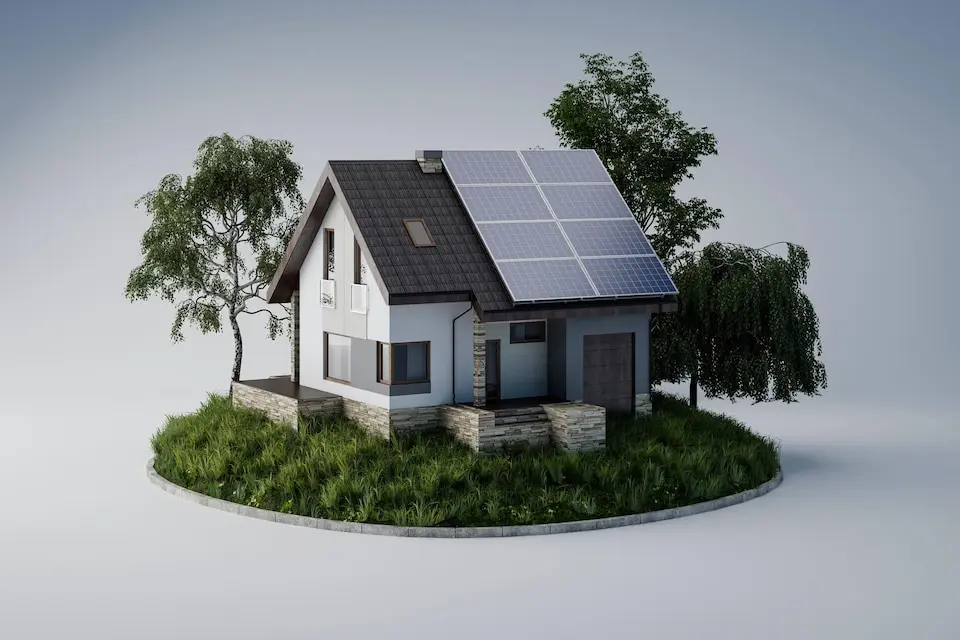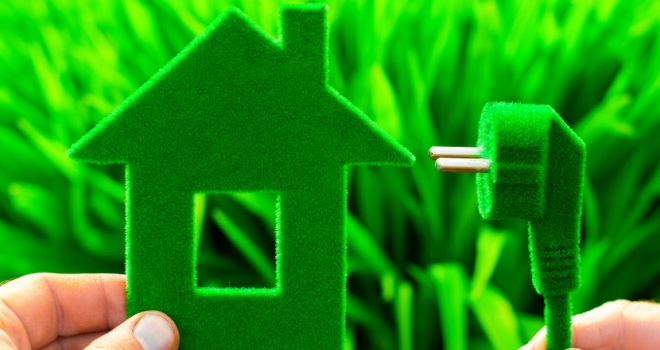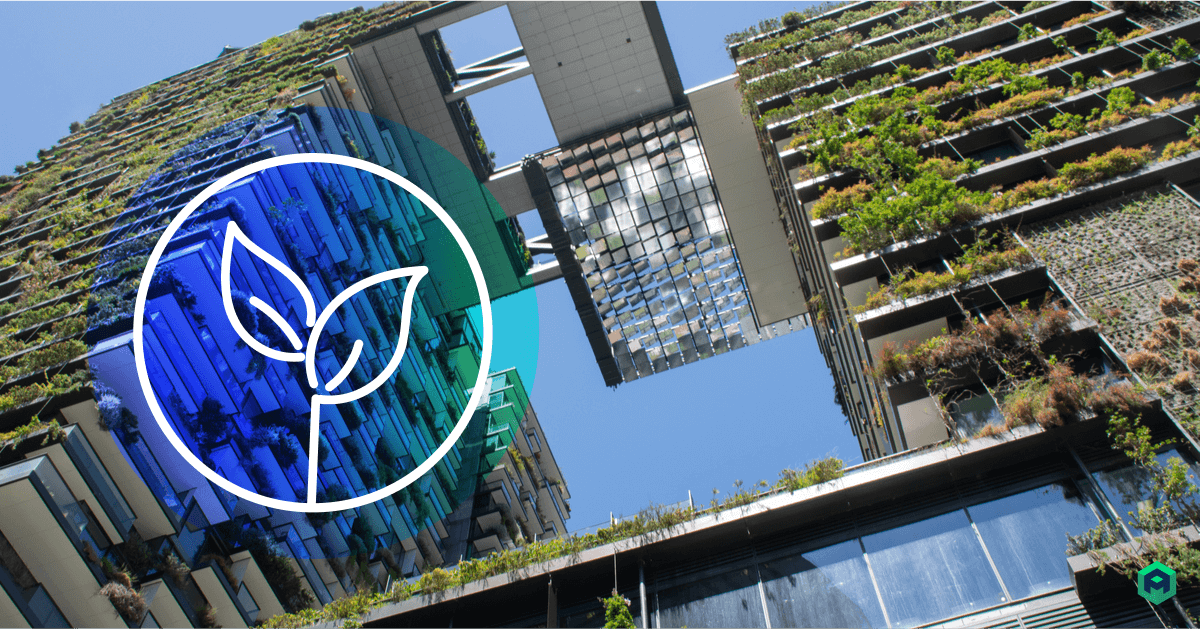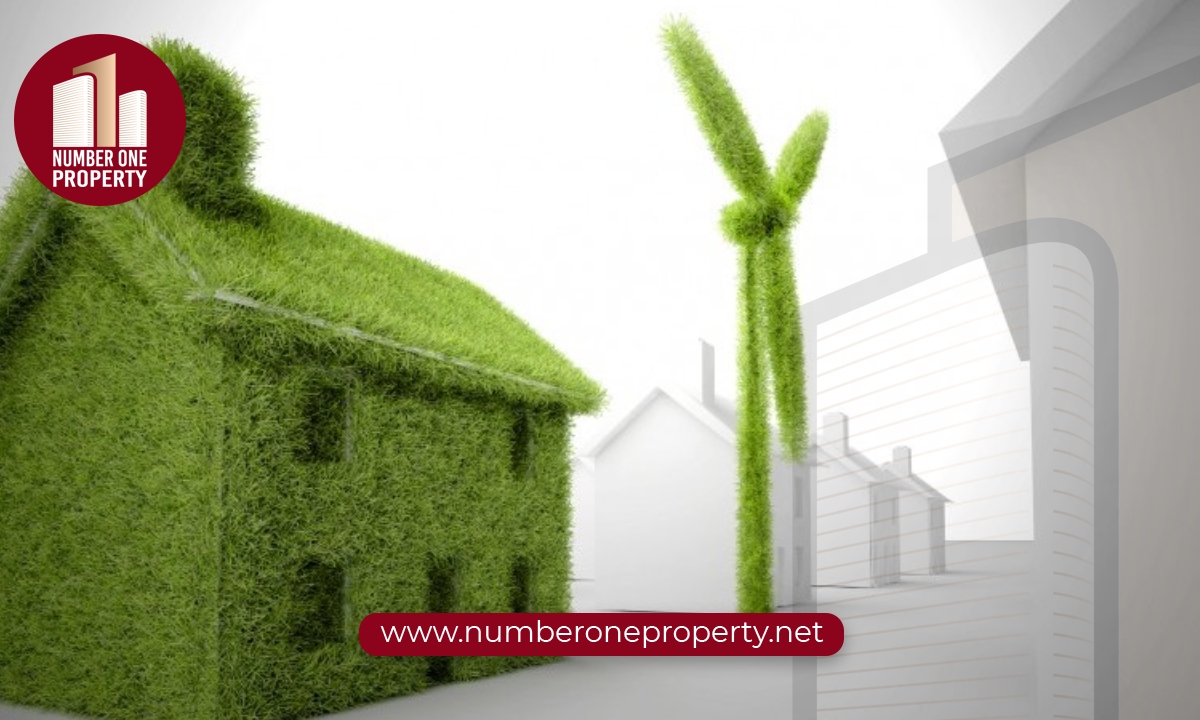In an era where sustainability is no longer a choice but a necessity, the real estate sector is undergoing a significant paradigm shift.
The concept of 'green buildings' and eco-friendly real estate developments is gaining traction and becoming a central focus for investors, developers, and consumers alike.
This transformation is driven by a growing recognition of the urgent need to address environmental challenges while catering to the evolving demands of a more environmentally conscious market.
Investing in green buildings and eco-friendly developments represents a convergence of environmental ethics, economic pragmatism, and social responsibility.
This article delves into the intricate world of sustainable real estate, exploring why it is not just a trend but a critical component of our journey toward a more sustainable and equitable future.
The Emergence of Sustainable Real Estate Development

The real estate industry is transforming significantly due to escalating environmental concerns and climate change. The real estate industry is transforming considerably due to escalating ecological problems and climate change.
Sustainable real estate development is not just a buzzword; it's a commitment to reducing our carbon footprint and promoting environmental sustainability.
This commitment is evident in the increasing popularity of green buildings, which incorporate sustainable materials and energy-efficient features, resulting in a more sustainable future.
The Role of Green Buildings in Environmental Sustainability
Green buildings are at the forefront of this transformation. These structures are designed to reduce energy consumption and minimize environmental impact using sustainable building materials and renewable energy sources like solar panels.
Energy-efficient appliances, eco-friendly properties, and sustainable practices are integral to these buildings, making them not just a part of the built environment but a testament to environmental responsibility.
Economic Advantages of Investing in Eco-Friendly Real Estate
One of the most compelling reasons to invest in sustainable real estate is its financial benefits. Properties prioritizing energy efficiency, such as those with Energy Star ratings, tend to have lower operating costs, which is a significant advantage for property owners.
The upfront costs of implementing green building practices and eco-friendly features are often offset by savings in energy costs and the increasing market demand for sustainable properties.
Sustainable Developments and Their Societal Impact
Sustainable real estate developments go beyond mere construction. They represent a holistic approach to building, considering the physical and mental health of the occupants, the surrounding environment, and the long-term impact on future generations.
By focusing on sustainable features like natural lighting and green spaces, these developments contribute to healthier communities and a more sustainable future.
Innovations in Sustainable Building Techniques

Real estate developers are constantly innovating in the field of sustainable development. From utilizing renewable resources and recycled materials in the building process to adopting environmentally friendly design techniques, every step is geared towards reducing the environmental impact.
These innovations are not just about meeting market trends but are a response to the pressing need to address environmental and social concerns.
The Importance of Energy Efficiency in Real Estate
Energy efficiency is a critical component of eco-friendly buildings. We can significantly reduce energy consumption by integrating energy-efficient homes with features like energy-efficient appliances and less energy-intensive systems.
This is not only good for the environment but also beneficial for property owners in terms of lower operating costs and increased property values.
Collaboration for a Greener Real Estate Sector
Achieving sustainable real estate development requires collaboration between stakeholders, including developers, property owners, local governments, and certification programs.
Together, they can ensure that the real estate sector contributes positively to environmental sustainability, creating sustainable communities in harmony with nature.
The Benefits Of Sustainable Real Estate Development
Sustainable real estate development brings many benefits beyond environmental preservation, positively impacting economic and social aspects.
Environmental Protection: Sustainable development reduces the environmental footprint of real estate projects. By incorporating eco-friendly materials, energy-efficient designs, and renewable energy sources, these developments help preserve natural resources, reduce carbon emissions, and promote biodiversity.
Economic Efficiency: Sustainable buildings often result in lower operating costs due to energy efficiency and reduced waste. This can translate to savings in energy and water bills, offering a financial incentive for both developers and occupants. Moreover, properties with sustainable features often have higher market values and attract more buyers and tenants.
Health and Well-Being: Sustainable developments prioritize better air quality, natural lighting, and green spaces, which contribute to the physical and mental well-being of the occupants. This focus on health can increase productivity and comfort, making these spaces highly desirable for living and working.
Community Benefits: Sustainable real estate projects often include community-focused features like shared green spaces and amenities that foster social interaction and community engagement. These developments can contribute to more robust, more cohesive communities.
Water Conservation: By implementing water-efficient fixtures and systems for rainwater harvesting and recycling, sustainable real estate helps conserve water, a critical resource, especially in areas facing water scarcity.
Long-Term Resilience: Sustainable buildings are often designed to be more durable and adaptable to changing environmental conditions, which enhances their resilience to climate change-related impacts. This foresight in design ensures longevity and relevance in the face of future environmental challenges.
Enhanced Corporate Image: For businesses, investing in sustainable real estate can bolster their reputation as environmentally responsible entities. This commitment to sustainability can improve brand image, attract eco-conscious customers, and help fulfill corporate social responsibility goals.
Incentives and Regulatory Compliance: Sustainable developments often align with governmental policies on environmental protection, making them eligible for various incentives, tax breaks, and grants. Compliance with these regulations not only avoids penalties but can also provide financial advantages.

How To Prepare For The Future Of Sustainable Real Estate Development
To prepare for the future of sustainable real estate development, embracing a holistic approach that prioritizes the use of green building materials and renewable energy sources is crucial.
By creating sustainable buildings that harness renewable energy, developers can significantly reduce carbon emissions and the consumption of natural resources.
Integrating eco-friendly properties with green spaces and environmental design enhances air quality and contributes positively to the residents' well-being.
Adopting energy efficiency ratings and environmentally responsible practices in real estate projects is essential in reducing a home's carbon footprint and operating costs.
This shift helps save money in the long run and raises environmental awareness among communities, leading to a greener future.
As we use raw materials more judiciously and design with environmental and social impact in mind, we move closer to an era where real estate development is in harmony with nature, ensuring low operating costs, improved air quality, and a sustainable lifestyle for all.
Conclusion: Embracing a Sustainable Approach in Real Estate
As we look towards a greener future, it's clear that sustainable real estate developments are more than a trend; they are a necessity.
Investing in green buildings and eco-friendly real estate saves money and contributes to a more sustainable and environmentally conscious world.
Let's embrace this opportunity to reduce our environmental impact, promote health benefits, and pave the way for a more sustainable and prosperous future for all.


